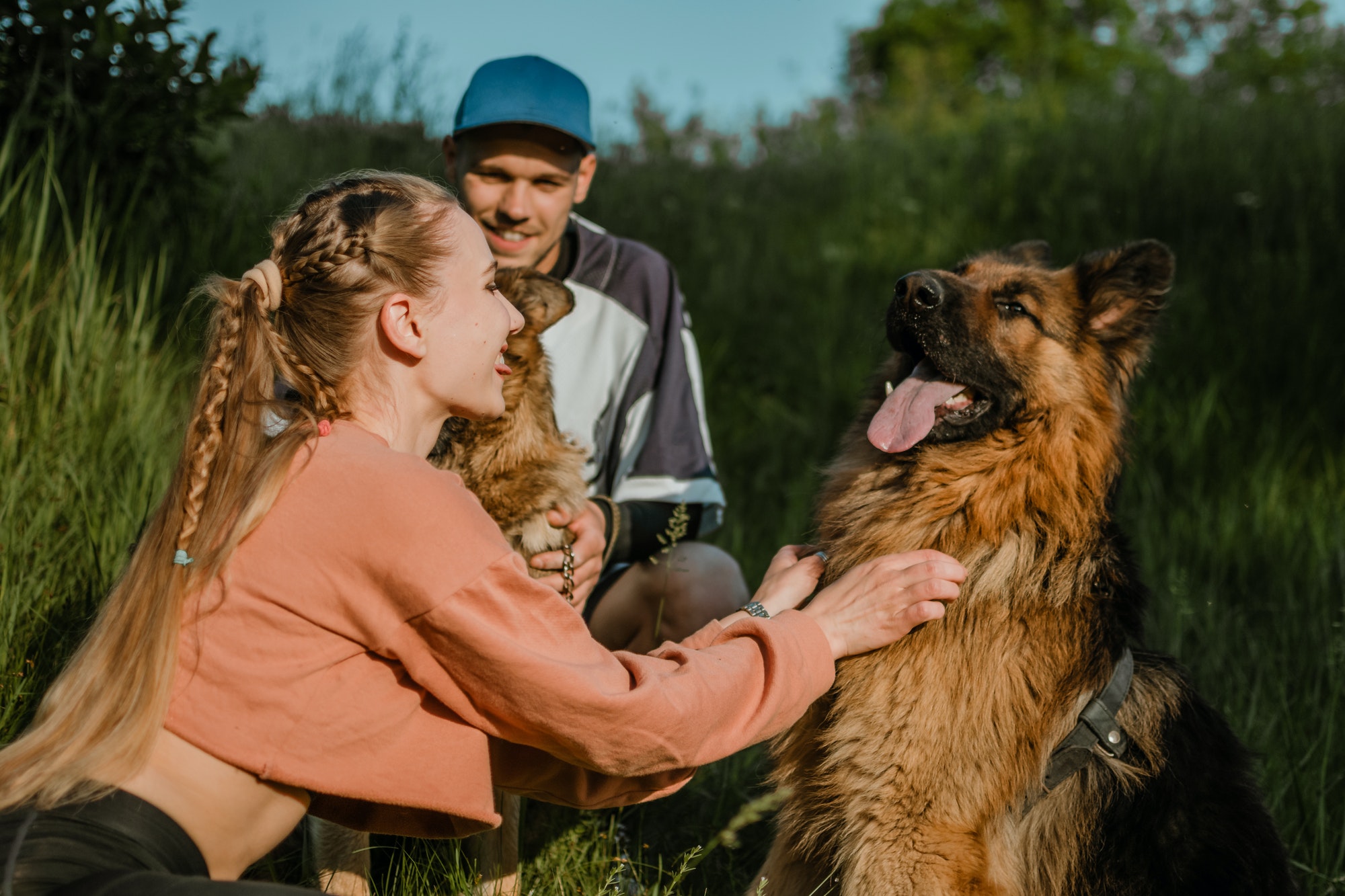Dog breeding is a responsibility that requires knowledge, care, and a commitment to the health and well-being of every puppy. Ethical breeders ensure that dogs are bred responsibly, prioritizing genetics, temperament, and overall health. Here’s what makes ethical dog breeding essential and how you can identify a responsible breeder.
Why Ethical Breeding Matters
Ethical breeding goes beyond just producing puppies; it ensures that they are raised in a safe, healthy environment with proper medical care and socialization. Here are a few key reasons why ethical breeding is crucial:
- Health & Genetics: Responsible breeders conduct health screenings and genetic testing to prevent hereditary diseases.
- Temperament & Behavior: Socialization and proper care from an early age help puppies grow into well-adjusted dogs.
- Preventing Overbreeding: Ethical breeders prioritize the well-being of their dogs and ensure they are not overbred.
- Responsible Placement: Reputable breeders screen potential owners to ensure each pup finds a suitable home.
Key Practices of Ethical Breeders
- Health Testing & Veterinary Care
Ethical breeders conduct health screenings for common genetic disorders and ensure regular veterinary check-ups for both the parent dogs and the puppies. - Proper Living Conditions
Puppies are raised in a clean, safe, and nurturing environment, ensuring they grow up well-socialized and healthy. - Socialization & Training
From an early age, puppies are exposed to different sounds, environments, and human interactions to help them develop confidence and good behavior. - Transparency & Open Communication
A responsible breeder provides all necessary information about the puppy’s health, lineage, vaccinations, and care requirements. - Lifetime Support
Ethical breeders remain a resource for new owners, offering guidance on training, nutrition, and health concerns throughout the dog’s life.
How to Identify a Responsible Breeder
Finding a responsible breeder can be challenging, but here are a few key signs to look for:
✔️ They allow you to visit the breeding facility and meet the parent dogs.
✔️ They conduct genetic health tests and provide veterinary records.
✔️ They ask questions to ensure you are a suitable owner.
✔️ They have a contract that outlines health guarantees and return policies.
✔️ They do not sell puppies to pet stores or through online ads without screening buyers.
Conclusion
Choosing an ethical breeder ensures that you bring home a healthy, happy, and well-socialized puppy. Responsible breeding practices help maintain breed standards, reduce genetic disorders, and ensure that every dog finds a loving home. If you’re looking for a new furry companion, take the time to research and choose a breeder who prioritizes the well-being of their dogs.


